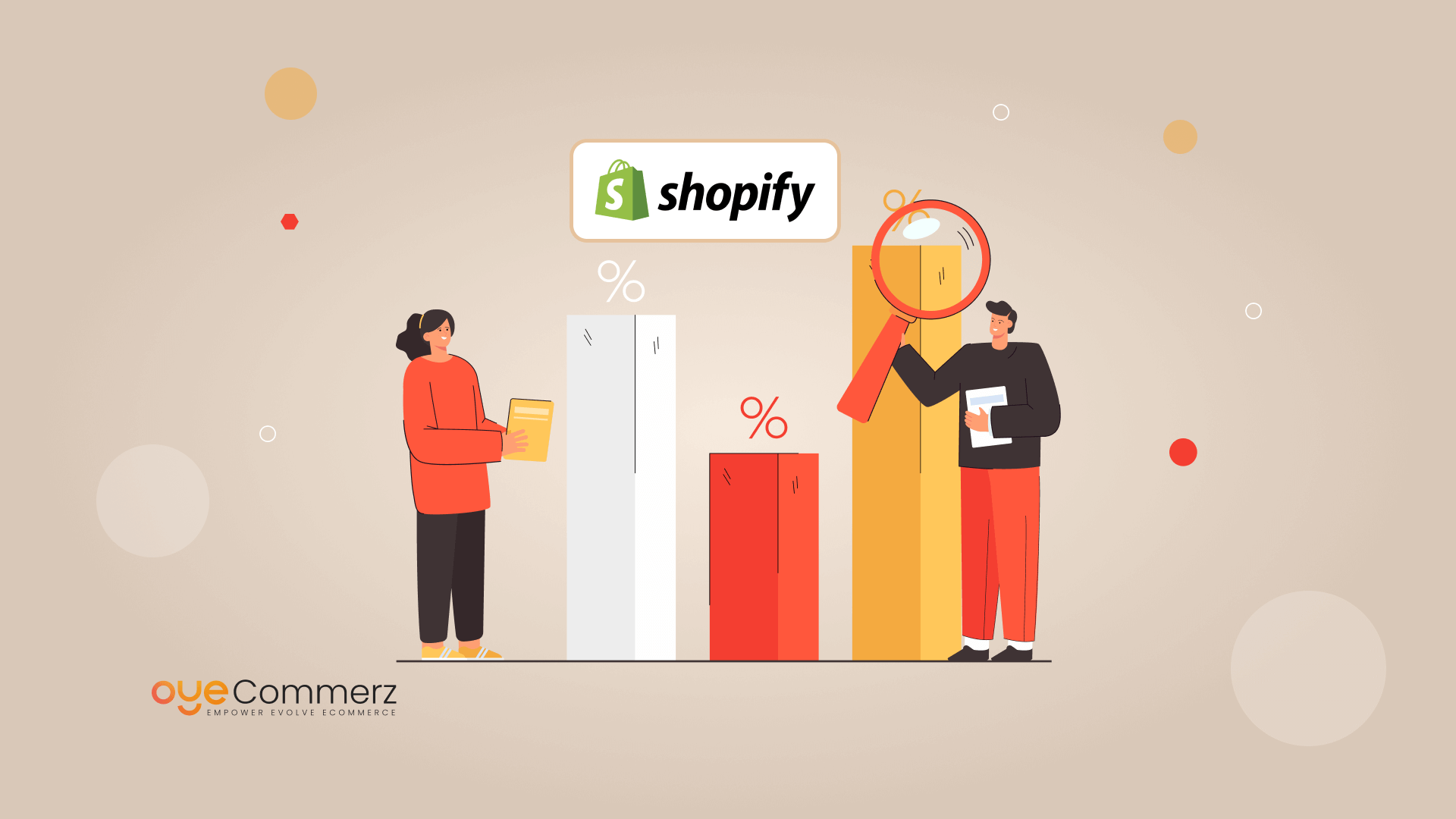Overview
In today’s cutthroat e-commerce landscape, differentiating is paramount, and one of the best ways to set apart a Shopify store is through tailored app creation. A well-built Shopify app can enhance store functionality, streamline operations, and elevate customer interaction. This article delves into essential elements of Shopify app development, covering API integration and app ecosystem to scaling strategies and digital marketing approaches, offering a roadmap for businesses looking for unmatched store efficiency.
Why Shopify API Integration Matters
Shopify’s API offers robust tools to customize and expand store capabilities. With GraphQL and REST APIs, developers can retrieve information to create apps that manage inventory management, order processing, and customer information management smoothly. Using Shopify’s API can enable improved workflow automation and enables stores to assist shoppers more efficiently.
Utilizing the Polaris Design System
Polaris is Shopify's set of design guidelines for designing intuitive and easy-to-use Shopify apps. By adhering to Polaris principles, developers ensure that apps seamlessly integrate within the Shopify Admin interface. This provides a cohesive look and feel that resonates with Shopify merchants, promoting usability and comfort for merchants using your custom app.
Understanding the Shopify App Ecosystem
The Shopify app ecosystem offers endless possibilities for enhancing e-commerce sites. From handling order fulfillment to increasing customer interaction, apps in this ecosystem are tailored to meet various business needs. Learning about this ecosystem assists developers in identifying unique app ideas and allows for smooth connections of third-party services that enhance the store.
Building Embedded Shopify Apps
Embedded apps work seamlessly within the Shopify Admin, providing a smooth interface for merchants. They ensure that merchants do not need to leave their Shopify control panel, streamlining their workflow. Using Shopify App Bridge and embedded app features is recommended for offering a cohesive, integrated user experience.
Using Node.js and React for Shopify Apps
Node.js and React have emerged as ideal tools for Shopify app creation. Node.js enables high-performance back-end services, while React enables interactive and adaptive front-end design. Combined, they offer an strong platform for creating speedy, scalable Shopify apps that enhance store functionality and customer engagement.
Webhooks in Shopify Apps
Webhooks allow real-time data updates between Shopify and an outside application. They initiate events such as new orders or stock changes and provide immediate alerts to your app. By utilizing webhooks, apps can provide up-to-date information to store owners, streamlining workflows and boosting productivity.
Engaging Customers Through Digital Marketing for Shopify Apps
To ensure Shopify app success, connecting with users is crucial. Using online marketing techniques like SEO, email marketing, and social media campaigns can increase app usage. Additionally, creating applications with customer interaction as a focus (e.g., loyalty programs or personalized suggestions) Shopify store success tips increases user retention and satisfaction.
Scaling Your Shopify App
As e-commerce stores expand, so do their technological needs. Ensuring that your app can manage increased traffic, larger databases, and more advanced functionalities is essential. By optimizing server capacity and using scalable technologies, you can develop apps that expand in tandem with a store’s growth.
Essential Features and Maintenance for Shopify Apps
For an app to be useful, it should include essential features like user login, analytics dashboard, and customer support options. Ongoing app upkeep, including updates to fix bugs and compatibility checks with new Shopify functionalities, is important to maintain continuous operation and prevent disruptions to merchant workflows.
Summary
Custom Shopify app development holds vast potential for e-commerce businesses, providing the ability to enhance performance, simplify operations, and foster customer loyalty. From integrating APIs to ensuring scalability and customer engagement, building a Shopify app involves careful planning and well-planned actions. If you’re ready to elevate your e-commerce experience, a tailored Shopify application could be the perfect choice. What features do you envision for your ideal app? Oyecommerz custom Shopify app Share your ideas and begin the journey to an optimized e-commerce journey!
